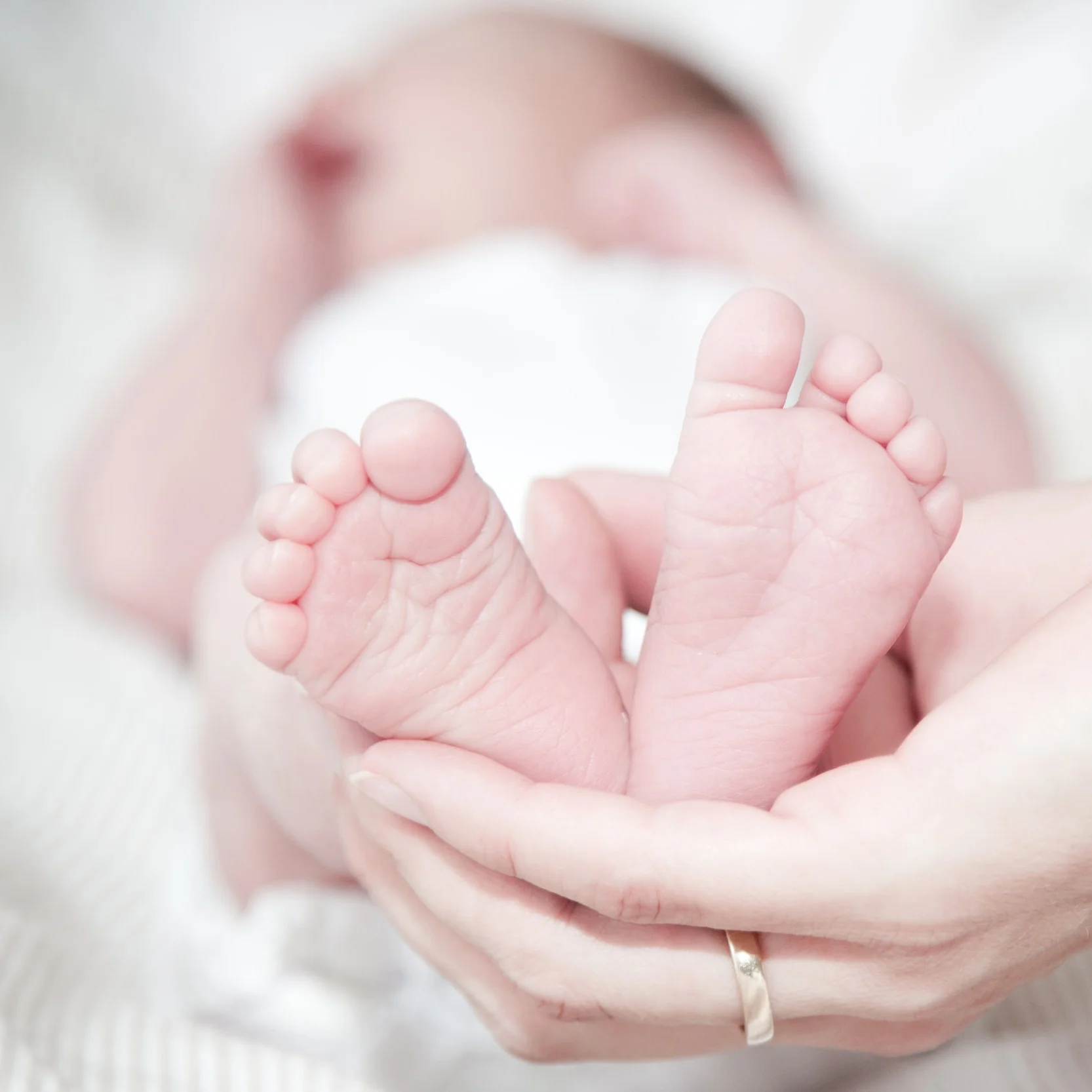Although it's not as well documented as postpartum depression, post-adoption depression syndrome (PADS) is not uncommon: In a 2012 study from Purdue University, between 18 and 26 percent of adoptive mothers (depending on the screening scale) reported depressive symptoms within the first year of bringing home a new baby or child. (Rates for the small number of adoptive fathers also surveyed were similar.)
Read MoreHaving a baby in the NICU (Neonatal Intensive Care Unit) is not how we typically envision motherhood beginning, it is not part of the plan. All of the emotions you experience in the NICU (grief, guilt, anger, anxiety, and depression) are normal and appropriate responses to traumatic events, they are not signs of weakness! While these reactions are a normal part of the adjustment process, it is important to recognize if they become a problem and reach out for help.
Read MoreEvery birthing is unique and for some women, their birth experience can be deeply troubling and even cause post traumatic stress disorder (PTSD). To an outsider, some births may seem very difficult and traumatic, while the mother may not have experienced it that way. The opposite can be true as well, some mother's may feel that their birth experience was traumatizing (for a variety of reasons) when it might be considered "normal" by medical professionals.
Read MoreWorrying as a mother is a natural instinct! In fact, it is often shrugged off as normal by many health care providers because everyone expects new noms to experience heightened fears or anxiety to some extent. But when it begins to feel crippling, excessive, or even toxic, this type of intrusive new mom worry can be a sign of postpartum anxiety.
Read More



